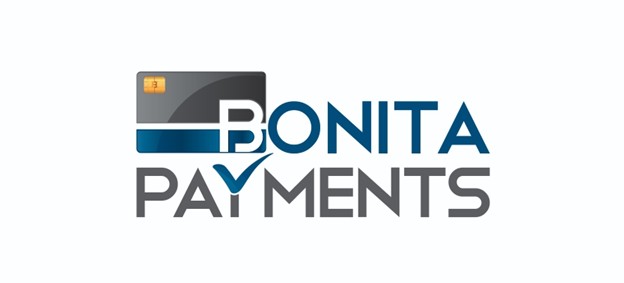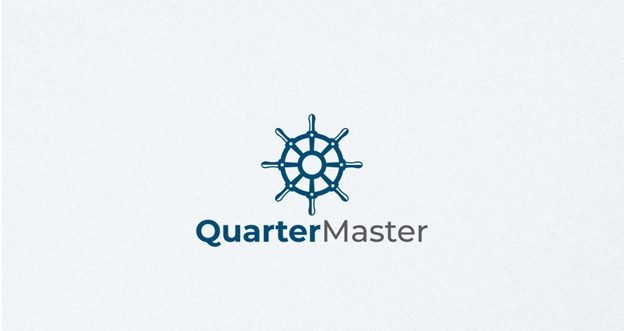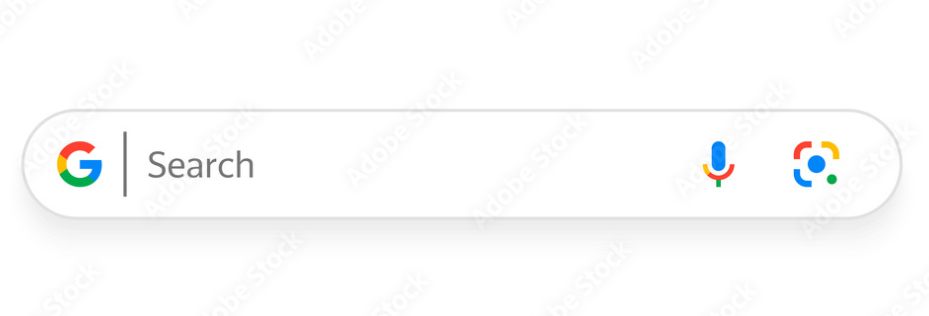Four-Time NBA All-Star and Two-Time Champion Joins International Flag League as Sport Prepares for 2028 Olympic Debut.

ALLEN, TX, UNITED STATES – 4th Feb 2026 – iFlag, the Guinness World Record holder for the world’s largest flag football tournament, announced today the launch of the International Flag League, a professional flag football League that will feature former NBA All-Star Rajon Rondo as a player. The league represents a major achievement for the organization, which has hosted hundreds of thousands of athletes across its tournaments over the past 11 years.
Rondo, a four-time NBA All-Star and two-time NBA champion who won titles with both the Boston Celtics in 2008 and the Los Angeles Lakers in 2020, will bring his competitive ability to professional flag football. The point guard earned All-NBA Third Team honors in 2012 and was named to the NBA All-Defensive First Team twice during his 16-season career. Rondo led the league in assists three times and remains one of the most accomplished playmakers in modern NBA history.
“I love the competition and I love learning. Flag football is all about strategy and execution, so it fits how I approach the game,” said Rondo about joining the International Flag League.
The International Flag League launches as flag football prepares to make its Olympic debut at the 2028 Summer Games in Los Angeles. The International Olympic Committee approved the addition of flag football to the Olympic program, recognizing the sport’s international growth as a fast and competitive athletic competition.
iFlag set the Guinness World Record for the world’s largest single flag football tournament in January 2025, establishing its position as the premier flag football event operator globally. The organization has maintained consistent growth of 15 percent annually for more than a decade while generating $3 million in annual revenue.
“We’ve spent 11 years building the infrastructure and community that makes professional flag football possible,” said Charles Davis, Co-Founder and Co-CEO of iFlag. “Our tournaments have given hundreds of thousands of athletes the opportunity to compete on large stages, and now we’re creating a professional pathway for the best players in the world to showcase their talents. Having someone of Rajon Rondo’s caliber join our league validates what we’ve known all along. Flag football is ready for the professional spotlight.“
The organization operates large-scale, open invitation flag football tournaments for youth boys and girls, high school girls, collegiate women, and adult men and women across the United States and internationally. iFlag serves as a sanctioning body for flag football events worldwide, establishing standards and protocols that have helped elevate the sport’s competitive integrity.
iFlag became the first flag football brand to provide cash prizes and payments to female athletes, establishing equal compensation across gender divisions. This approach positions the International Flag League as a leader in professional sports equality as women’s professional sports leagues continue gaining investment. The timing aligns with broader growth in professional flag football.
“We are launching a professional league and establishing a model for how professional sports should operate,” Davis added. “Equal prizes reflect our belief that athletic excellence deserves equal recognition and compensation regardless of gender.“
Flag football’s inclusion in the 2028 Olympics has accelerated interest in the sport from athletes, sponsors, and media partners. Nigeria’s men’s and women’s teams have already secured direct entry into upcoming Flag Football World Championships after winning the inaugural African Flag Football Championship, proving the sport’s expanding global presence. The International Flag League will provide a competitive platform for elite athletes to prepare for Olympic competition while building flag football’s visibility and commercial viability as a professional sport.
The league will begin play with athletes competing for prize money in a structured & accelerated season format. Additional details about team composition, schedule, and broadcast partnerships will be announced in the coming months. Davis said the league’s mission focuses on creating opportunities. “We’re solving a real problem for athletes who excel at flag football but haven’t had professional opportunities to continue their careers. This league changes that reality.“
About iFlag
iFlag (formerly USA Flag) is the world’s largest flag football tournament event operator and current Guinness World Record holder for the largest single flag football tournament. Founded 11 years ago, the organization has hosted more than 1 million athletes across sanctioned events worldwide, providing competitive opportunities for youth, high school, collegiate, and adult players of both genders. iFlag was the first flag football organization to establish equal cash prizes and payments for female athletes. The company has achieved 15 percent annual growth for more than 10 consecutive years and generates $3 million in annual revenue while serving markets across the United States.
Visit usaflag.org to learn more about the International Flag League and upcoming tournament opportunities.
Contact
Charles Davis, Co-Founder and Co-CEO
iFlag







